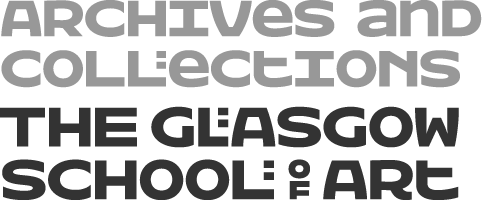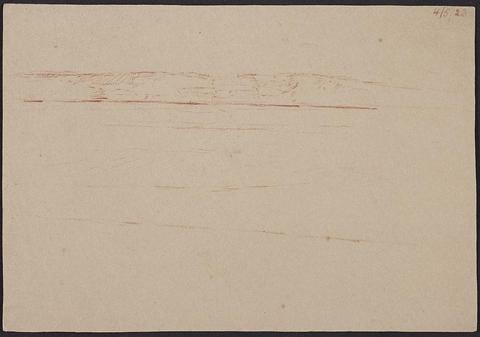License:
 This image is provided under a Creative Commons BY-NC-SA License. You can download this version for private study or non-commercial use. Our terms, conditions and copyright policy (PDF) contains further information about acceptable usage. If you are seeking permission to publish, please contact us ›
This image is provided under a Creative Commons BY-NC-SA License. You can download this version for private study or non-commercial use. Our terms, conditions and copyright policy (PDF) contains further information about acceptable usage. If you are seeking permission to publish, please contact us ›
Please click here if you would like to request a larger, high-resolution version ›
Key Information
Reference code
Title
Date(s)
- 1923 (Creation)
Level of description
Item
Extent
9 of 9
Content and Structure
Scope and content
Abstract skyline.
Appraisal, destruction and scheduling
Accruals
System of arrangement
General Information
Name of creator
Biographical history
John Quinton Pringle (1864 -1925) was the son of a railway employee and born in Annfield Street (now Annbank Street) Dennistoun. Though the family moved for a short time (1869 to 1874) to Langbank in nearby Renfrewshire, where his father had been appointed stationmaster, John received his education in Glasgow and later lived for some time in Maukinfauld Road, Tollcross. He left school at the age of 12 and was apprenticed to an optical repairman in London Road. He won a bursary in 1885, while still an apprentice, to attend evening and Saturday morning classes at Glasgow School of Art, continued with the classes for many years, and for a while also attended early morning classes which began at 7 am. In the 1890's he set up his own Optical business in 90 Saltmarket near Glasgow Cross. He kept this shop running but it was a sideline to his first love of painting. In 1891 he won the Gold Medal for Life Drawing at the South Kensington National Competition run by the Department of Science and Art.
He has left about 100 works. Many are small oils on canvas, with subjects often including his family, friends, backcourts or local surroundings. He did not paint in oils between 1911 and 1921. He visited Normandy in 1910 and spent a couple of summers in the Shetland island of Whalsay, In both cases he produced a range of sea or landscapes, often experimenting with painterly effects. Later he produced portraits, often miniatures, on commission, some of which are in the Victoria and Albert Museum, London.
He was influenced by the French painter Jules Bastien-Lepage, who had exhibited in Glasgow, along with other French painters, during the 1880s. In later works he used paint dissolved in turpentine and applied this in short strokes using a square brush. His palette in any one painting was limited but intense - his technique often giving a luminous or shimmering effect. He exhibited at the Vienna Secessionist Exhibition of 1902 and in the Whitechapel Art Gallery, London, in 1914. A Centenary Exhibition was held by Kelvingrove Art Gallery, Glasgow in 1964.
He died in East Kilbride on the 21st of April 1925 and is buried in Sandymount cemetery, in the east end of Glasgow.
Archival history
Custodial history
William Meldrum, James Meldrum, bequeathed to GSA by Mrs Eva Meldrum 1983, as from "the widow of James Meldrum in memory of Francis Newbery, former director of The Glasgow School of Art and three of his pupils, John Quinton Pringle, William Sommerville Shanks and William Meldrum".
Physical Description and Conditions of Use
Conditions governing access
Conditions governing reproduction
Language of material
Script of material
Language and script notes
Physical Description
Coloured chalk on paper
Dimensions: 155 x 195 mm
Finding aids
Related Material
Existence and location of originals
Existence and location of copies
Related materials
Notes area
Alternative identifier(s)
Keywords/Tags
Place access points
People and Organisations
Genre access points
Status
Level of detail
Processing information
Language(s)
Script(s)
Sources
Digitised item metadata
Filename
NMC_0042I.jpg
Latitude
Longitude
Media type
Image
Mime-type
image/jpeg


